
| For one student in particular they scheduled daily body breaks (3-times a day) which were immediately embedded into his routine daily scheduled. He independently takes a hall pass to complete a body break, and then with the help of a school staff member, he'll do “bear claws”, “starfish”, or even “burrito wraps”. He takes full advantage of these break times and tools (he really enjoys the “starfish”!). He feels loved and supported and he seems to be gaining a larger understanding of his own body and needs. Even his friends join in on the sensory regulation fun! It's very inspiring to see how holistically student needs are being addressed in our programs and how a small bit of collaboration can go a long ways for the students we serve! |

Toshia Mears, Director of School Partnerships
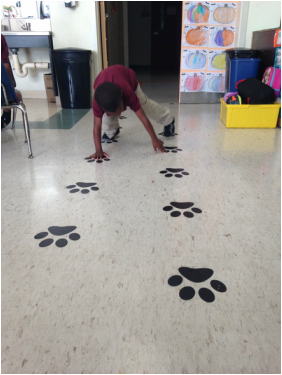




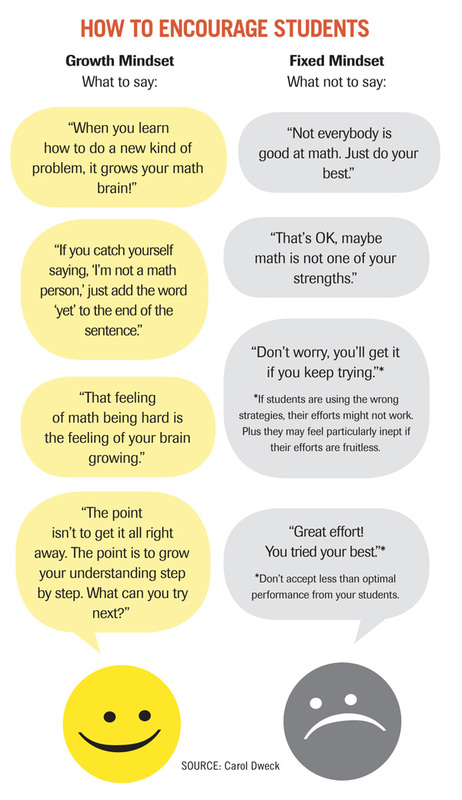



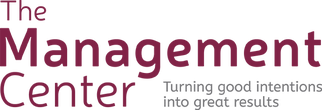


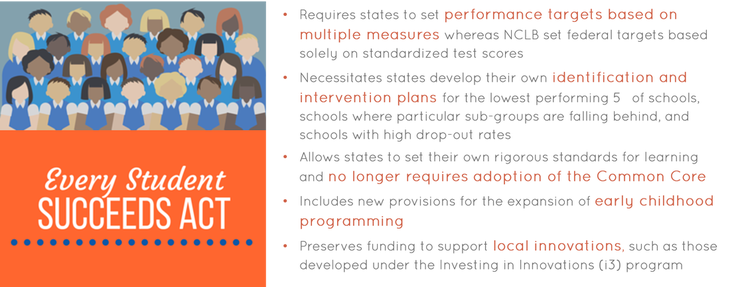


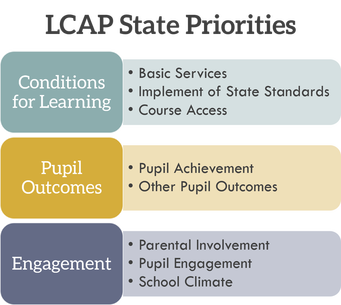

 RSS Feed
RSS Feed